Search
Remove Ads
Advertisement
Summary 
Loading AI-generated summary based on World History Encyclopedia articles ...
Search Results
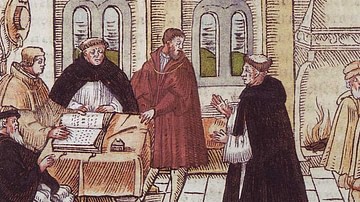
Article
Cajetan's On Faith and Works
On Faith and Works (1532) by Cardinal Thomas Cajetan (l. c. 1468-1534) is a refutation of the central arguments of Martin Luther (l. 1483-1546) concerning justification before God as faith-based, having nothing to do with one’s works. Cajetan...
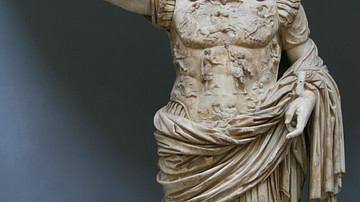
Article
Augustus' Political, Social, & Moral Reforms
Augustus is well known for being the first Emperor of Rome, but even more than that, for being a self-proclaimed “Restorer of the Republic.” He believed in ancestral values such as monogamy, chastity, and piety (virtue). Thus, he introduced...
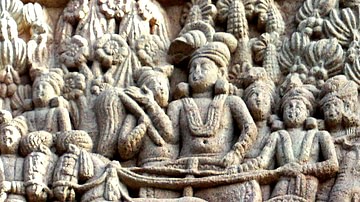
Article
Social, Political & Economic Landscapes in Kautilya's Arthashastra
The Arthashastra (or Arthaśāstra) is one of the oldest surviving treatises on statecraft. There is considerable debate about the dating and authorship of the text; it underwent compilation, recension, and redaction several times over the...

Definition
Athens
Athens, Greece, with its famous Acropolis, has come to symbolize the whole of the country in the popular imagination, and not without cause. It not only has its iconic ruins and the famous port of Piraeus but, thanks to ancient writers, its...

Article
The Delian League, Part 6: The Decelean War and the Fall of Athens (413/2-404/3 BCE)
This text is part of an article series on the Delian League. The sixth and last phase of the Delian League begins with the Decelean War, also referred to as the Ionian War, and ends with the surrender of Athens (413/2 – 404/3 BCE). The final...
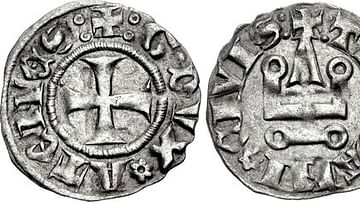
Definition
Duchy of Athens
The Duchy of Athens was a Latin or Frankish state in Greece that existed from 1205 to 1458 CE. It was created in the aftermath of the Fourth Crusade (1202-1204 CE) and would be ruled for the majority of its history by the Burgundian de la...

Article
The Plague at Athens, 430-427 BCE
In the second year of the Peloponnesian War, 430 BCE, an outbreak of plague erupted in Athens. The illness would persist throughout scattered parts of Greece and the eastern Mediterranean until finally dying out in 426 BCE. The origin of...
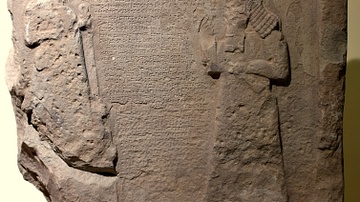
Image
Neo-Assyrian Political Pact Stele, Al-Anbar
Only this fragment of a large stele has survived. On the surface, the Assyrian and Babylonian kings were carved in relief. The cuneiform inscription narrates a political treaty between them. The faces of the kings were deliberately vandalized...
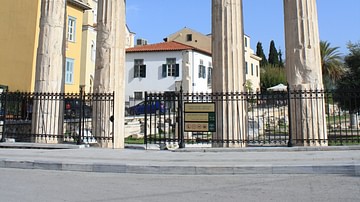
Article
Hellenistic & Roman Agora of Athens
Pericles’ agora of Athens flourished under Macedonian control. After Macedon was defeated by Rome, the Romans added to the district even before Greece was taken as a province and more so afterwards. The Roman version of the agora continued...

Video
The Political Theory of Thomas Hobbes: The Sovereign and the State
We all live in states today, and Thomas Hobbes has a good claim to have been the first person to articulate this concept in its modern sense. The intention of Hobbes’s civil science was to lower the temperature of politics, and his concept...